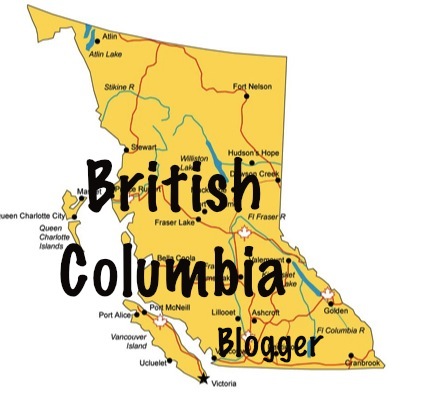But sometimes people ask: is it rigorous enough? is their topic deep enough? important enough? Stuff like that...
And I talk about the difference between googleable and non-googleable questions, and teaching inquiry in other subjects and then reminding students of those lessons and skills during Genius Hour. Or I might share Paul Solarz's acronym for PHAT questions: Pretty Hard and Tough. All things that I have done with my own class when I try to steer them toward a more rigorous inquiry.
But sometimes I just want to say:
Why does everything have to be so serious?
How about play for the sake of play?
Does everything have to be tough?
Maybe we are over-thinking and over-managing Genius Hour a bit too much?
People ask me for worksheets to support Genius Hour, and I have some. And I am happy to share. But I also don't want kids to have to fill out too many of these forms...because I wonder if then Genius Hour has become just like every other course/subject...and isn't fun anymore! Now when we do inquiry projects in Social Studies or Science or anything else, then we definitely make sure that there is a certain level of "tough-ness" or rigour. I want them to struggle a bit, to push themselves and think hard. That is important to me. And we do that for every other hour of the week. But for the 1 hour of Genius Hour...I wonder if we are getting too unnecessarily worried?
So sometimes I just ask: are they having fun? Yes? Then--great! Perhaps it is okay to just learn and make things and do things and have fun. For the sake of fun.
For example:
--They made a lego stop motion video. Fun!
--They designed iPod touch covers and want to become fashion designers when they grow up. Fun!
--They baked a cake and learned how hard it was to make it look like pinterest. Fun!
--They cut open an old book and built a spy camera inside. Fun!
These are all projects my students have done before. And they had fun. And they loved it. And I loved it.
And they were definitely learning (especially in regards to the core competencies of communication and creative thinking). Without having to fill out too many forms.
Sometimes it is OK to just have fun in our learning! For the sake of fun!
Ideally, we want everything our students do/learn/make at school to be meaningful experiences. And please don't get me wrong--we spend plenty of time pushing ourselves, problem solving, thinking critically and focusing on the tough stuff. But...
I think fun/play is meaningful too.
----
Side note: A friend of mine was talking to me about how some of his fellow parent-friends were talking about putting their kids into music classes because they have heard that will make their kids good at math. And he said: or how about just because music is fun!
Yeah. How about that? Music is fun.
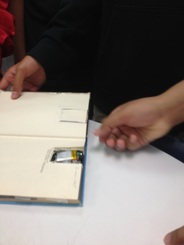
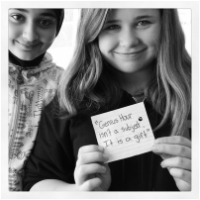
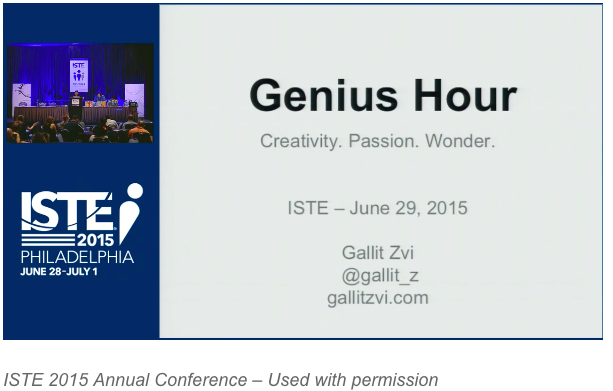

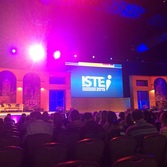
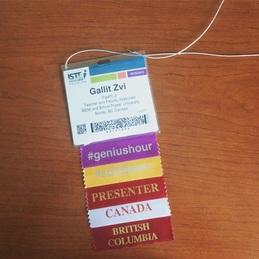
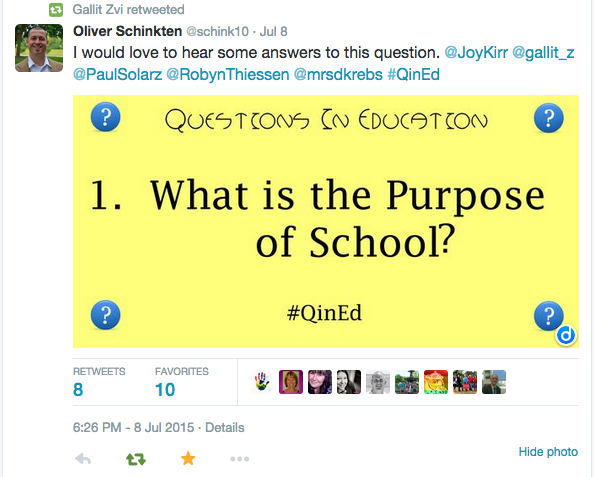

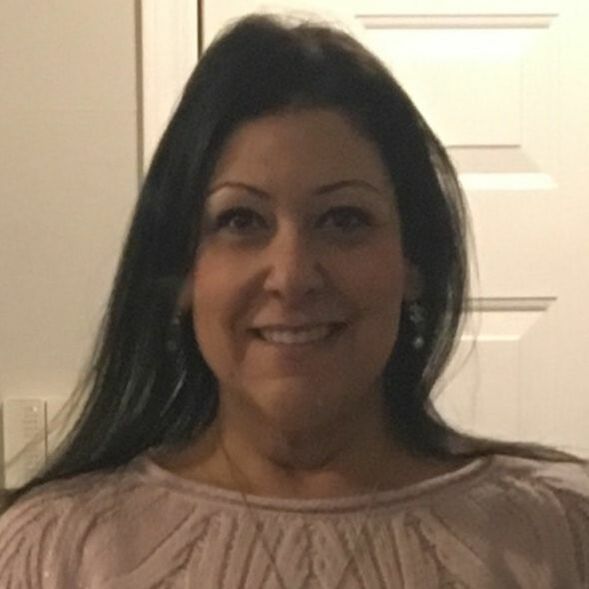
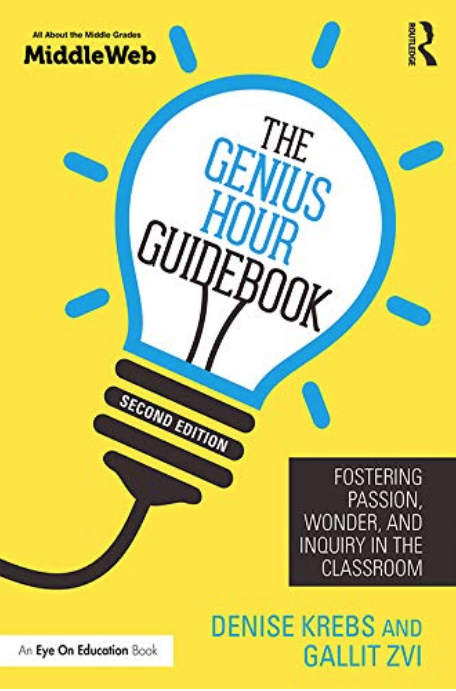
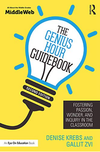
 RSS Feed
RSS Feed
